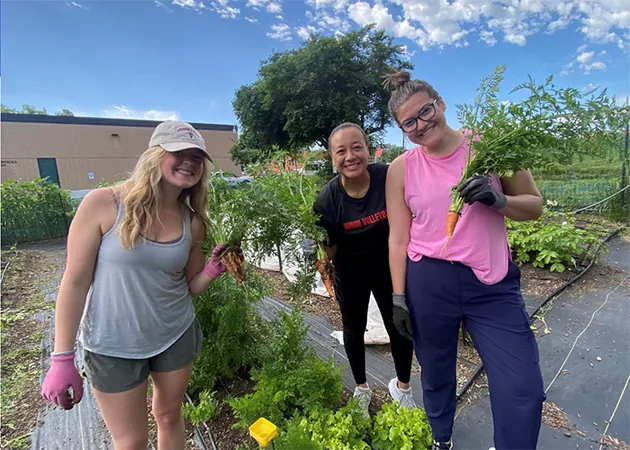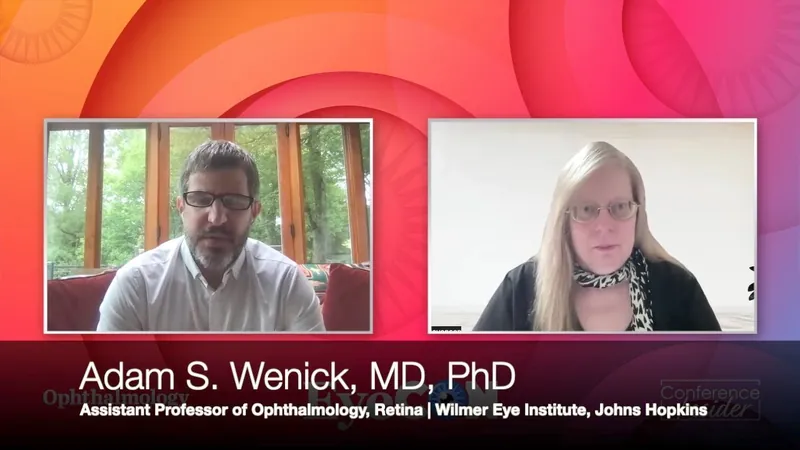
Revolutionizing Healthcare: Medical Students Learn to Use Food as Medicine
2024-09-27
In a groundbreaking effort to bridge nutrition and healthcare, the University of Kansas School of Medicine has introduced a transformative course that emphasizes the medicinal power of food, particularly for patients facing allergies and other health challenges. The initiative aspires to prepare future physicians to recognize the vital role nutrition plays in holistic wellness and to guide patients struggling with access to healthy food options.
Marissa Love, M.D., an assistant professor in the Department of Internal Medicine, articulates the course’s innovative approach: “It’s about practicing medicine in a different way.” The course welcomes students of varied culinary backgrounds. Some have never encountered certain foods, like lentils, while others maintain plant-based diets. This diversity fosters engaging discussions about specific cases in which dietary changes can significantly improve patient health. The aim is to equip future doctors with the necessary skills to inspire healthier eating habits among their patients while addressing the obstacles many face in accessing nutritious foods, including the challenges posed by food deserts and food swamps—areas dominated by unhealthy, processed food options.
Designed collaboratively with the American College of Culinary Medicine, this week-long elective course has already enrolled 30 eager first- and second-year medical students, many of whom explore how culinary medicine can enhance their patient care methodologies. Each day, students are presented with new case files to dissect, discussing their implications, which include nutrition-related issues such as food allergies and insecurity.
Hands-on experience is a core component of the curriculum. Students are taken to a kitchen within the KU Clinical Research Center, overseen by the Department of Dietetics and Nutrition, where they prepare meals tailored to specific case studies and then engage in reflective discussions about their experiences. “Discussing lived experiences in class enables future doctors to better relate to their patients,” Love noted.
This course has proven to be a pivotal learning experience for students like Grace Gyllenborg, a second-year medical student from Leawood, Kansas. After taking the course, she remarked, “I want to be a primary care physician, but I’m also considering an emphasis in sports medicine. This course opened my eyes to how to acquire nutrients from real foods, beyond relying solely on supplements.”
Students have also benefited from partnerships with the University of Kansas Medical Center Botanic Gardens. The gardens offer a practical learning environment where students plant, harvest, and cook with fresh vegetables and herbs under the guidance of Sarah Norris, M.S., who manages the community gardens. Norris emphasizes the therapeutic benefits of gardening, equipping students to share this wisdom with their future patients.
Additionally, a summer intensive program includes hands-on cooking modules, clinical observations focused on dietary counseling, and community volunteer work—all designed to address the common barriers to healthy eating that patients often encounter.
The culinary medicine course stands as a testament to the collaborative efforts of Love, Margaret Smith, M.D., MPH, a board-certified culinary medicine instructor, Clare Brady, M.D., and Debra Sullivan, Ph.D., chair of the Department of Dietetics and Nutrition. Sullivan emphasized the urgency of integrating nutrition education into medical training, stating, “A poor diet is linked to most leading causes of death in the United States. It is essential that medical students possess the knowledge and confidence to discuss nutrition with their patients in order to prevent and manage chronic diseases effectively.”
As the University of Kansas leads this revolutionary movement, it is clear that integrating culinary medicine into medical education is paving the way for a healthier future—not just for patients, but for the doctors who will care for them.




 Brasil (PT)
Brasil (PT)
 Canada (EN)
Canada (EN)
 Chile (ES)
Chile (ES)
 España (ES)
España (ES)
 France (FR)
France (FR)
 Hong Kong (EN)
Hong Kong (EN)
 Italia (IT)
Italia (IT)
 日本 (JA)
日本 (JA)
 Magyarország (HU)
Magyarország (HU)
 Norge (NO)
Norge (NO)
 Polska (PL)
Polska (PL)
 Schweiz (DE)
Schweiz (DE)
 Singapore (EN)
Singapore (EN)
 Sverige (SV)
Sverige (SV)
 Suomi (FI)
Suomi (FI)
 Türkiye (TR)
Türkiye (TR)